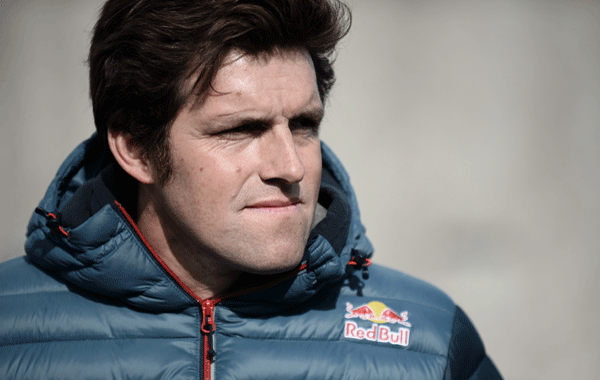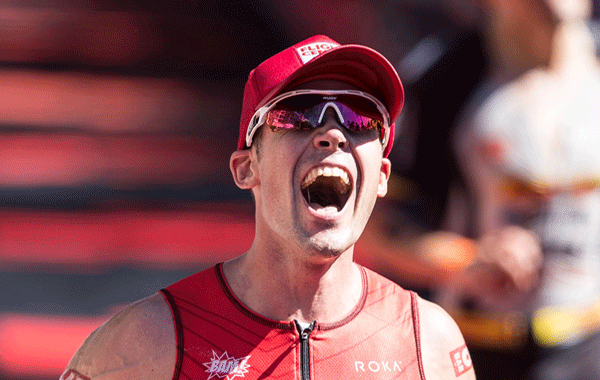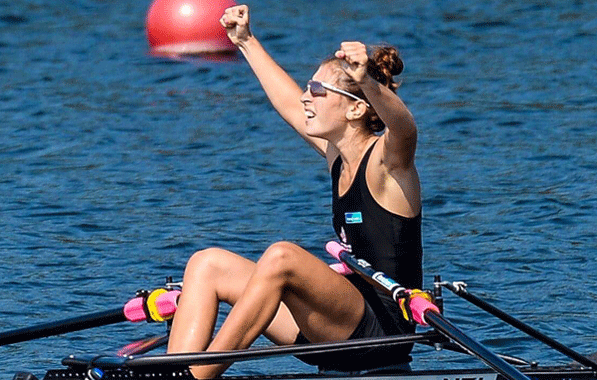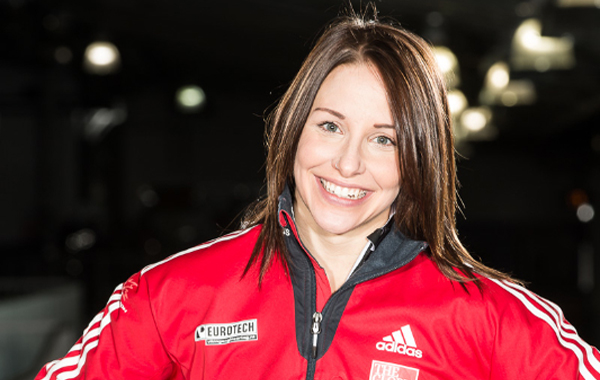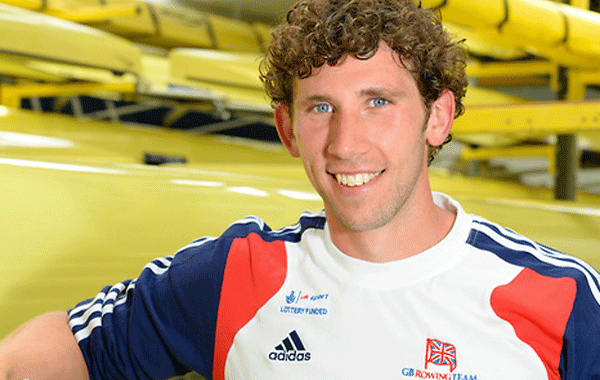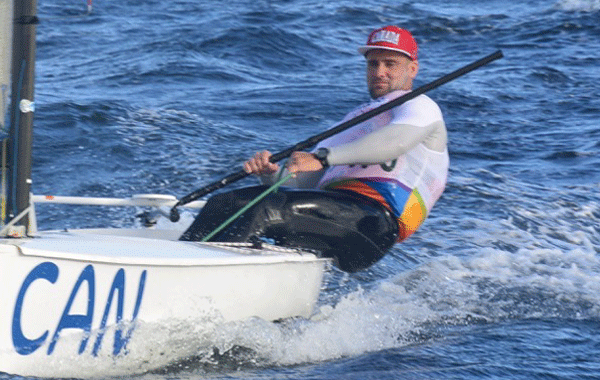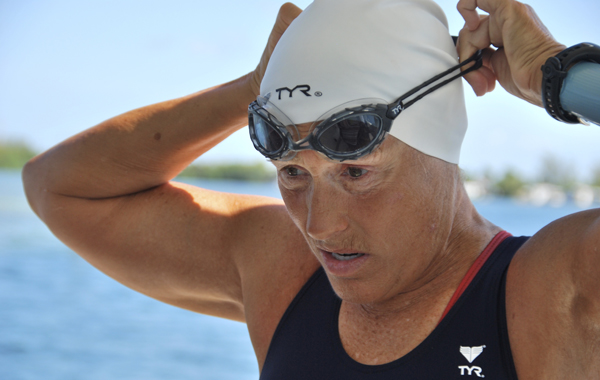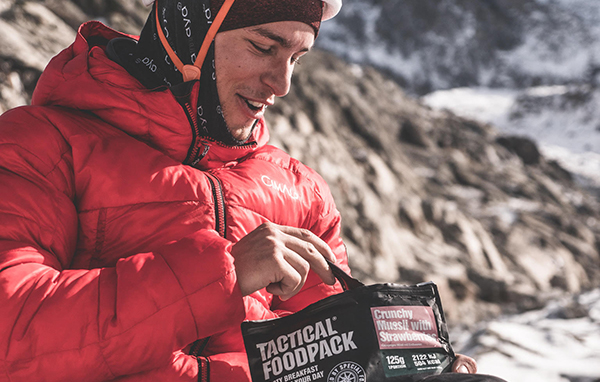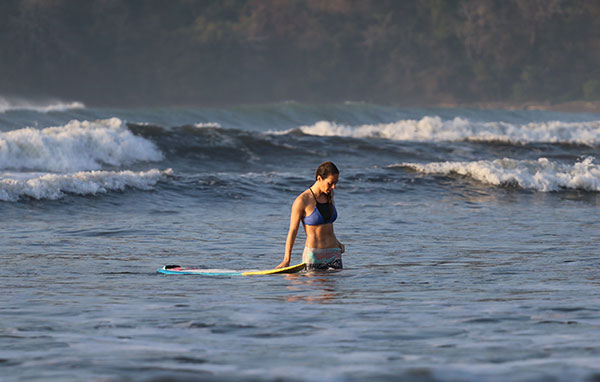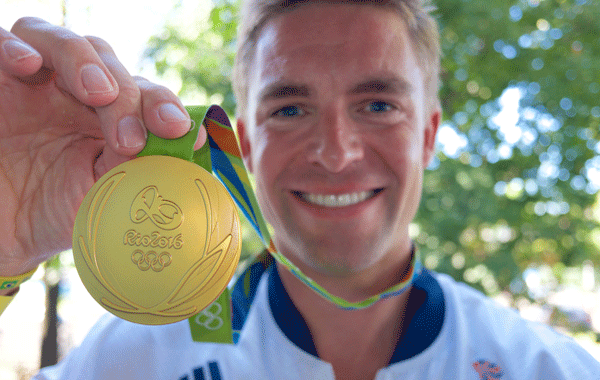
Pete Reed started rowing at university and has gone on to have phenomenal success in the sport.
BRITISH rower Pete Reed was a latecomer to the sport but he has gone on to make up for that through hard work and dedication. He started rowing at Oxford University and quickly progressed to become one of the most formidable rowers in the country and then the world.
As well as three gold medals at the Olympics Pete has also won five gold medals and three silver medals at the World Championships. He was awarded an MBE in 2009, but after he become part of an elite group of triple Olympic champions at Rio 2016 this was upgraded to an OBE in the New Year honours.
Here Pete talks to us about his journey to become one of the world’s top rowers as well as how he feels about being called a ‘role model to the younger generation’. Read on to find out what he’s got planned for the year ahead as well as his thoughts on those glorious Olympic moments.
When did you start rowing and who gave you the encouragement to start out in the sport?
I started rowing at the University of the West of England in September 2001. I was in my second year of a mechanical engineering degree and I just wanted to try something new to get me out of the lab. I remember being at the fresher’s fair representing the Royal Navy and I was approached by the rowers who were looking to recruit. Rowing wasn’t even on my radar at the time – isn’t it funny how these things fortuitously fall into your lap sometimes? I remember my first training session and my first row. I remember the people, the workouts, the drills, the boats; everything like it was yesterday. I loved it!
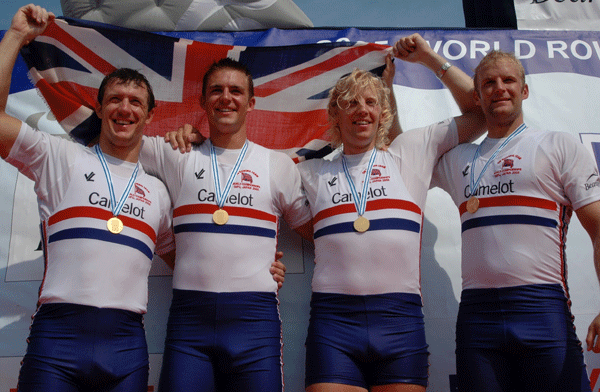
Pete is a three-time Olympic Gold medallist and has won five gold medals and three silver medals at the World Championships.
Tell us more about the role the Navy had in your rowing story and also how serving has helped develop you as a person?
I joined the Royal Navy on September 19 1999. I was an officer cadet at the historic Britannia Royal Naval College in Dartmouth, Devon with aspirations to be a Marine Engineer Officer. My aim was to be a good officer and to serve my country whilst getting trained up from a young age; I passed my interview on my 18th birthday. I loved it! Going to sea, travelling, being part of something bigger. I learned about dedication, determination, teamwork, discipline, physiology… everything that I needed later on to become a successful rower, although I didn’t know it yet. I was awarded a scholarship to go to university, that is where my military career path took a course alteration.
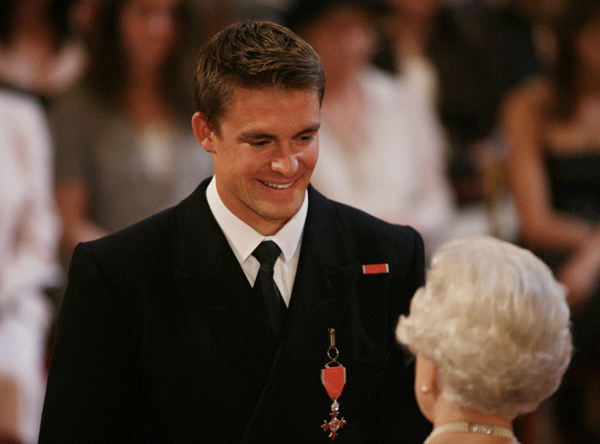
Pete receiving his OBE from Her Majesty, the Queen.
What were any early successes you had in the sport and when were you first selected to represent Great Britain? How did that feel?
I was a real late comer to rowing, but I see that as a blessing now. My early successes were all about enjoyment and personal goals. I would say the success was in meeting people and making life long friends, being really happy at 7am when I had already finished my row, getting fitter and hitting performance goals as my strength improved. I was learning so much at this time. I trialled successfully for the GB Under 23 Team on Dorney Lake in 2003 about 18 months after first picking up an oar. I was technically rough and inexperienced, but very strong.
Two and a half years into rowing, I represented Oxford University in The Boat Race. Cambridge won that year, I was devastated – but they didn’t the year after! Just before my fourth rowing birthday I won the senior World Rowing Championships for the first time in GB’s top boat, the coxless four. In all of this, I was so proud, happy and surprised! Everything was coming so fast – but I wasn’t complaining.
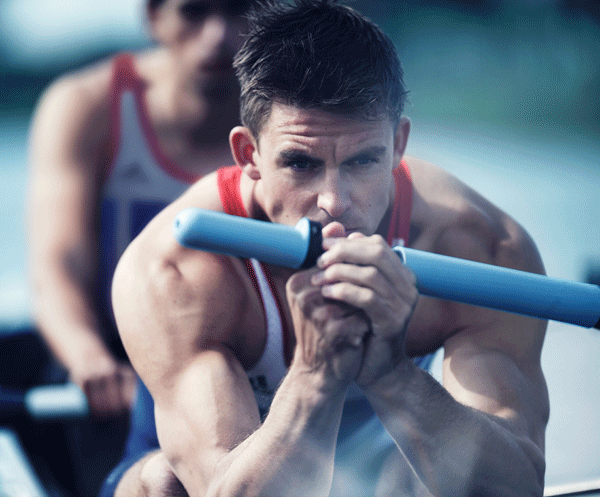
Pete Reed was a relative latecomer to the sport but made up for that by the speed at which he progressed as a rower.
Tell us about your experiences at the Olympics in 2008, 2012 and 2016 and the phenomenal success there?
That’s is a tough question to answer. It could be as long or as short as you like really. Intense. Rewarding. Pressured. Inspiring.
Beijing 2008 was enormous! It was wonderful to get my Olympic journey off to a golden start. The final race wasn’t our technical best, but it made for an amazing spectacle! “The British Are Coming! THE BRITISH ARE COMING!!” As we were sprinting through the Australians in the last few strokes of the course.
London 2012 was very different. The pride and pressure were an order of magnitude higher! It was personal. It was home. It was on the course where I trialled for that Under 23 crew back in 2003! I recognised and knew the volunteers. THAT was pressure. THAT was noise! The Dorney roar was real. I heard it on the start line 2km away. And that was a great race, again beating a very good Aussie crew in a drag race.
Rio 2016 was fun. This time in an 8 – I felt a lot less pressure. I was relaxed, happy, strong. The crew was hungry and ready. That was the best race I have ever been a part of. Textbook eights racing with a wonderful team. Sunshine, beaches and a festival atmosphere under the watchful eye of Christ the Redeemer real made it the time of my life. So far.
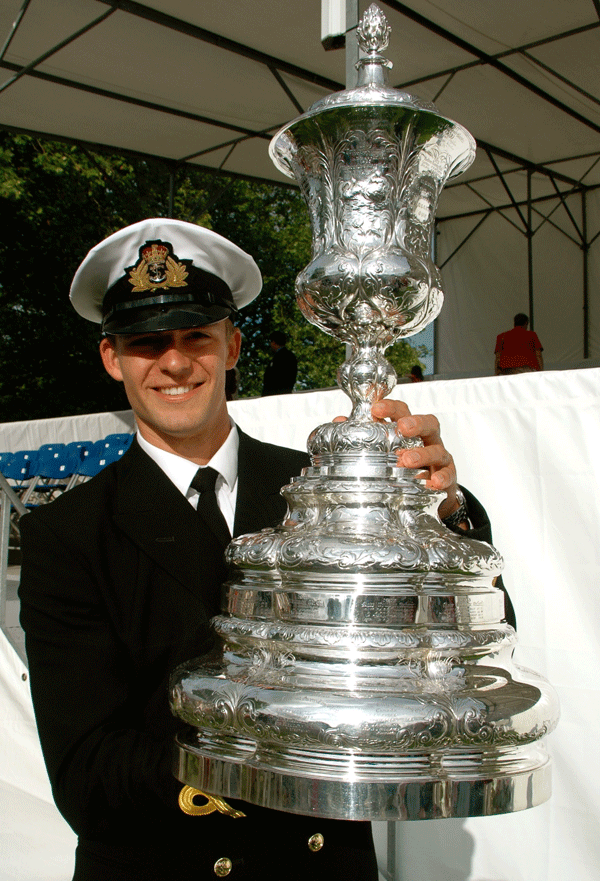
Pete Reed has won many awards in the sport of rowing and outside it.
How does it feel to have won the hearts of the nation and become a role model for the younger generation?
That is very kind of you to say, but the reality is that very few people have heard of me. Rowers are not rock stars. We are not in the spot light. We are quiet grafters. That is what I hope the younger generation get reminded of once ever four years.
For me, it is not about fame – I don’t wish for it in any way. I like my life just as it is. I do go to schools and meet a lot of people. I try to encourage them that enjoyment doesn’t come from fame at all… it comes from acts of kindness, compassion and humility. I want to teach people about positive thinking, positive actions and that working hard is it’s own reward. It is not about gold medals… or any medals. Life. Rowing. Learning. Sport. It is about people, health and kindness. I would much rather that no one knew who I was but to be able to help one person than to be world famous but help no one. The latter would be the ultimate curse.
What are you currently training for and what does 2017 have in store for Pete Reed?
I returned to the GB Rowing Team on January 2, 2017 with honest intensions to crack on, get fit and trial for the World Championships in Florida in September. By the 3rd I had MRI results indicating that my hips need keyhole surgery. The fifth day I announced my Olympic 2020 intentions to the public.
On the 7th I had a CT scan and meeting with the surgeon and on the 16th I have my first operation. I have never had an injury before so I’ve done pretty well. I can’t row – or put my shoes on – without this operation so it is necessary. Recovery is very individual. I will be on a full time rehab program to build range, stability and strength – when the time is right I will return to the Rowing Team to develop rowing fitness and technique. There is a lot on! Please wish me luck and follow my journey on Instagram and Twitter, both @PeteReed.

